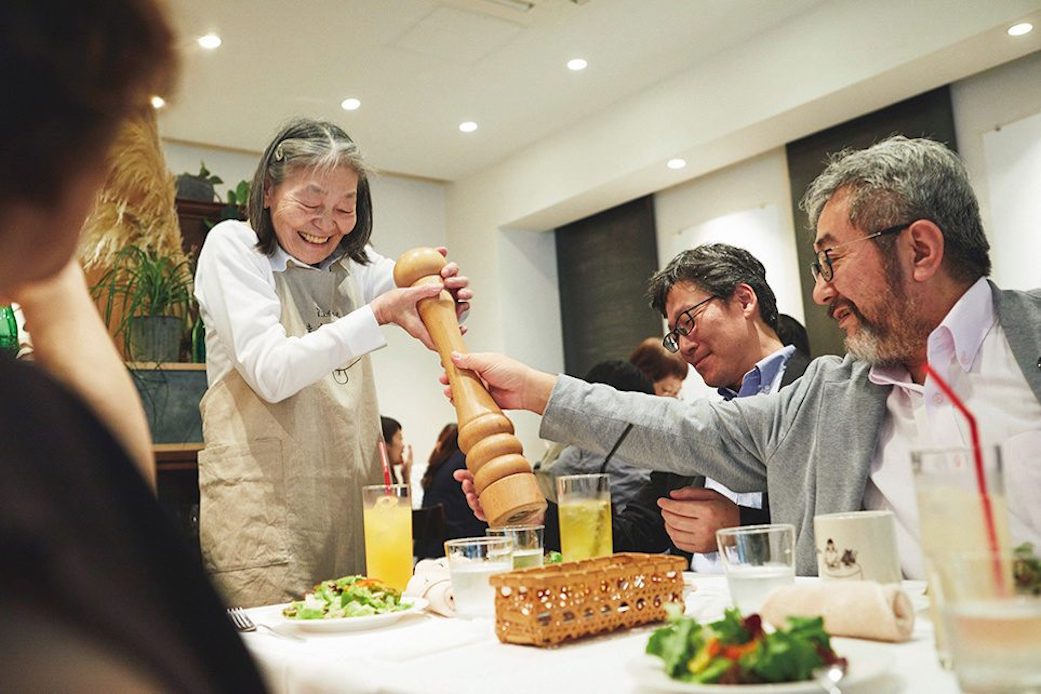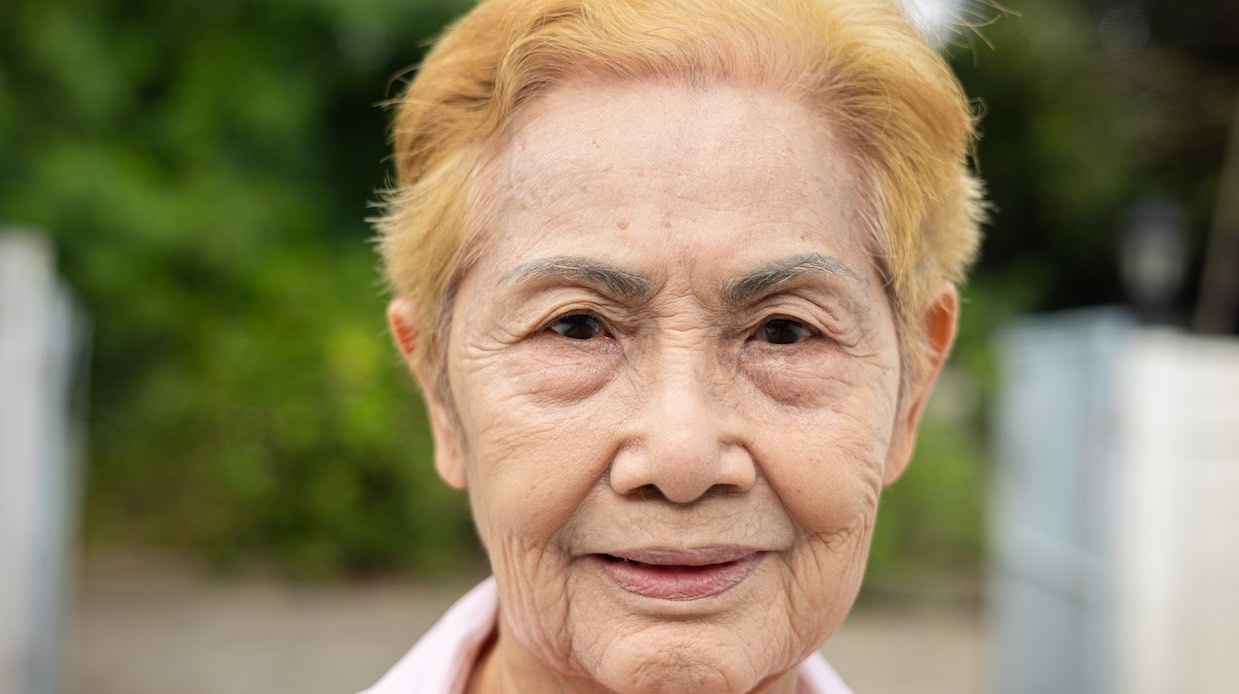
The Restaurant of Mistaken Orders: Challenging Dementia Stereotypes
In Japan, where the aging population is rapidly increasing, the rate of Dementia is expected to affect one in every five individuals by the year 2025. In the midst of this trend, a powerful social experiment in the form of a restaurant has emerged to challenge dementia stereotypes. Known as the “Restaurant of Mistaken Orders,” this eatery expects and celebrates culinary mishaps. The waitstaff, each dealing with varying degrees of cognitive impairment, serve more than just meals. Each day, they feed their patrons and the community an abundance of hope, compassion, and love.
The unique approach taken by the “Restaurant of Mistaken Orders” is rooted in the belief that those with Dementia can still lead fulfilling lives and contribute meaningfully to society. Through this initiative, awareness about Dementia is raised, and social stigmas are dismantled. Customers are encouraged to embrace the unexpected, which fosters an environment of patience and understanding. By turning mistakes into positive experiences, the restaurant offers delicious meals and teaches valuable lessons about empathy and acceptance.
The restaurant’s inspiration grew from an encounter between its founder, Shiro Oguni, and residents of a group home for individuals with Dementia. Initially holding stereotypical views, Oguni’s perception changed as he observed the residents demonstrating remarkable competence in daily activities such as cooking, cleaning, and shopping. So why not create an environment for them to use these skills not only to contribute to their community with renewed confidence and dignity?
If you visit the restaurant during a typical lunch shift and order a hamburger, your server might bring you a plate of gyoza (potstickers) instead. According to the owner, these mix-ups don’t cause distress. Rather, they create an atmosphere of tolerance and relaxation. Oguni explains, “Why should we get upset about getting gyoza instead of a sizzling steak? It’s a mistake, but that’s okay. This kind of tolerance makes the dining experience more relaxed and enjoyable.”
The “Restaurant of Mistaken Orders” thrives by embracing errors and maintaining a dedicated team that supports them. Guests are guided to tables by an older woman who joins them; another serves coffee with a straw and yet another struggles with a pepper mill. The communal effort to assist brings laughter and a sense of accomplishment. Oguni emphasizes, “The restaurant is not about whether orders are executed incorrectly; the important thing is the interaction with people with Dementia.
Contrary to Oguni’s initial concerns, the reality is far from exploitation or mockery. Guests, witnessing the genuine joy and determination of the staff, often find themselves deeply moved. Some people experience newfound courage, while others are brought to tears. Servers confidently assert their capabilities, with one stating, “I am still capable, and working here has given me confidence.” The experiment effectively transforms the negative perception of Dementia into a fun and positive one.
Oguni passionately declares, ‘Dementia is not what a person is, but just a part of who they are. People are people. The change will not come from them but from society.’ He firmly believes that cultivating tolerance can be the key to solving almost anything. As the concept of ‘Cool Japan’ gains momentum, he advocates for the importance of ‘Warm Japan’—a nation that fosters a welcoming environment, leaving people with smiles and a warm glow in their hearts.




